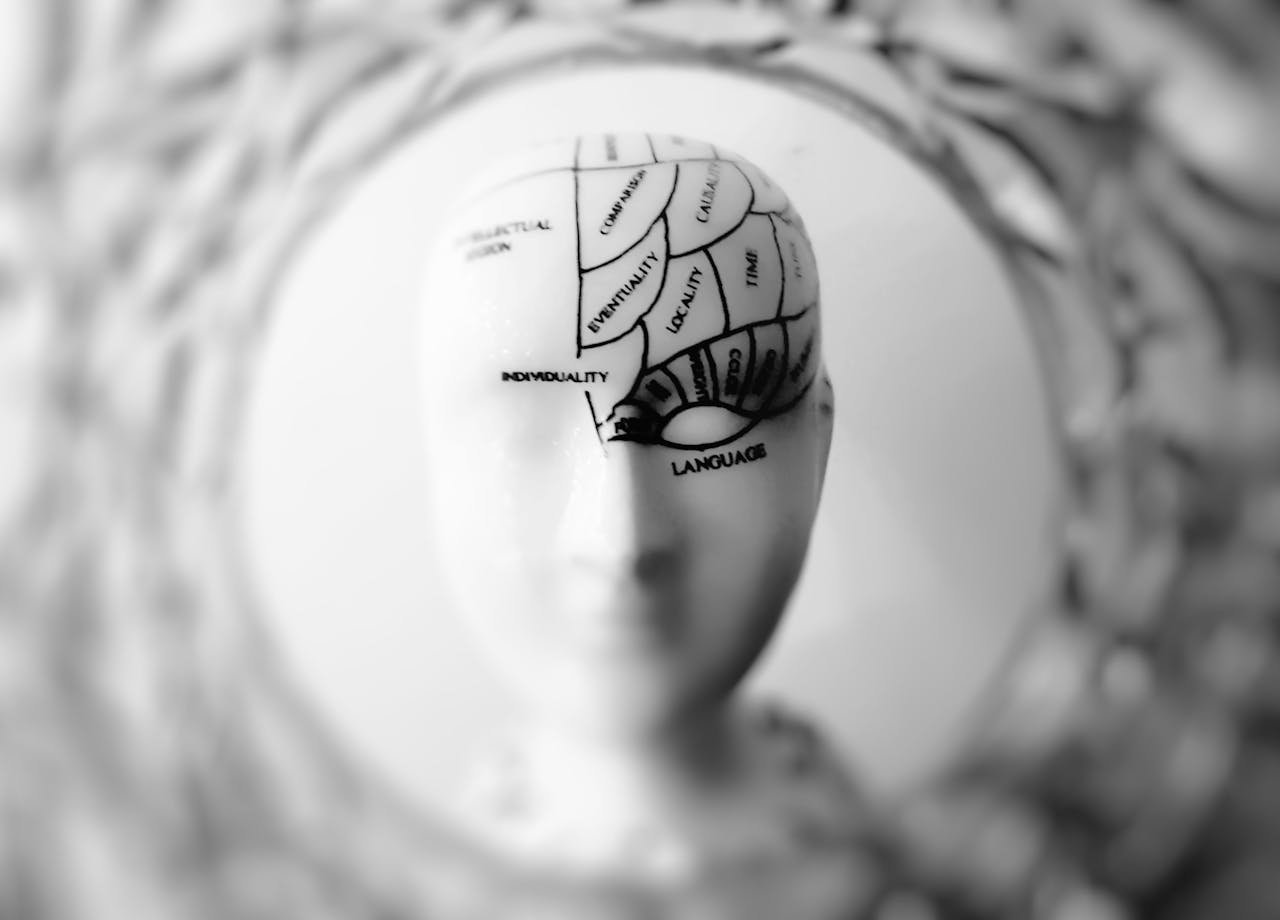The Impact of Meditation on the Brain: Exploring the Neurological Effects
Meditation, an ancient practice dating back thousands of years, has gained increasing popularity in modern times for its myriad of benefits on mental, emotional, and physical well-being. One area of particular interest is how meditation affects the brain. In this comprehensive exploration, we delve into the neurological effects of meditation and unravel the fascinating ways in which this practice reshapes our brain structure and function.
1. Understanding the Brain’s Plasticity
The human brain possesses a remarkable ability known as neuroplasticity, which refers to its capacity to reorganize and adapt in response to experiences and stimuli. Meditation harnesses this inherent plasticity, leading to structural and functional changes in various brain regions.
2. Alterations in Brain Structure
Numerous studies using advanced neuroimaging techniques such as MRI have revealed that regular meditation practice is associated with alterations in brain structure. Specifically, areas implicated in attention, emotion regulation, and self-awareness, such as the prefrontal cortex and insula, exhibit increased gray matter volume in meditators compared to non-meditators.
3. Enhancement of Neural Connectivity
Meditation fosters connectivity between different brain regions, facilitating more efficient communication and integration of information. Research suggests that meditation promotes connectivity within the default mode network (DMN), responsible for self-referential thinking, as well as between the DMN and attentional networks, leading to improved cognitive control and sustained attention.
4. Regulation of Emotional Processing
Emotional regulation is a key aspect of mental well-being, and meditation has been shown to modulate the brain’s response to emotional stimuli. Studies indicate that meditation dampens activity in the amygdala, a brain region involved in processing negative emotions such as fear and anxiety, while enhancing activation in areas associated with emotional regulation and resilience.
5. Stress Reduction and Neuroendocrine Changes
Chronic stress has detrimental effects on both brain and body, but meditation offers a powerful antidote. Mindfulness-based practices have been found to downregulate the body’s stress response, leading to reduced levels of cortisol—the primary stress hormone—in addition to modulating activity in the hypothalamus-pituitary-adrenal (HPA) axis, which governs the body’s stress response.
6. Promoting Brain Health and Aging
As we age, cognitive decline becomes a concern for many individuals. However, emerging research suggests that meditation may mitigate age-related cognitive decline by preserving brain structure and function. Regular meditation practice has been associated with better cognitive performance, memory retention, and overall brain health in older adults.
7. Implications for Mental Health and Well-Being
The cumulative evidence pointing to the beneficial effects of meditation on brain structure and function has profound implications for mental health and well-being. Meditation-based interventions are increasingly being integrated into clinical settings as complementary approaches for treating various mental health conditions, including depression, anxiety disorders, and post-traumatic stress disorder (PTSD).
In conclusion, the transformative effects of meditation on the brain underscore its potential as a powerful tool for optimizing mental health, enhancing cognitive function, and fostering overall well-being. By understanding the intricate interplay between meditation and the brain, we can harness the full therapeutic potential of this ancient practice to cultivate a healthier, more resilient mind.
FAQs About How Meditation Affects the Brain
- How long does it take for meditation to change the brain?
The exact timeline for observable changes in the brain due to meditation can vary depending on factors such as frequency and duration of practice, individual differences, and the specific type of meditation. However, research suggests that even short-term meditation practice can lead to detectable neuroplastic changes. - Can meditation improve memory and concentration?
Yes, meditation has been shown to enhance memory, attention, and concentration by promoting neuroplasticity, improving neural connectivity, and modulating brain regions involved in cognitive processes. - Is there a specific type of meditation that is best for brain health?
Different types of meditation, such as mindfulness meditation, loving-kindness meditation, and transcendental meditation, have all been associated with positive effects on brain structure and function. The best type of meditation for brain health may vary depending on individual preferences and goals. - Can meditation reverse the effects of aging on the brain?
While meditation cannot reverse the aging process itself, research suggests that it may mitigate age-related cognitive decline by preserving brain structure and function, promoting neuroplasticity, and enhancing cognitive resilience. - How frequently should I meditate to experience brain benefits?
The frequency of meditation practice required to experience brain benefits can vary depending on individual factors and goals. However, consistency is key, and regular daily practice, even for short periods, can yield significant neurological and psychological benefits over time.













